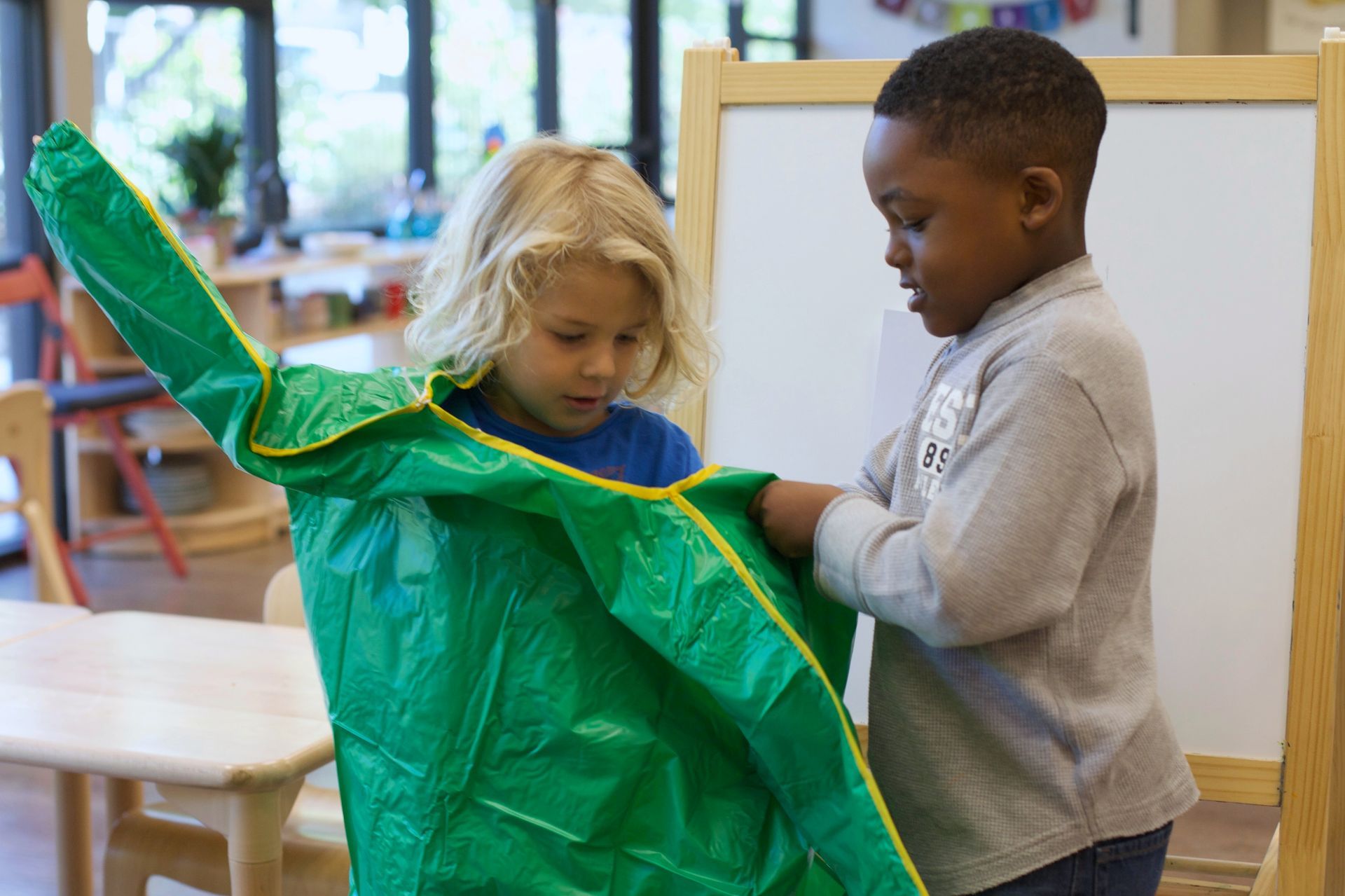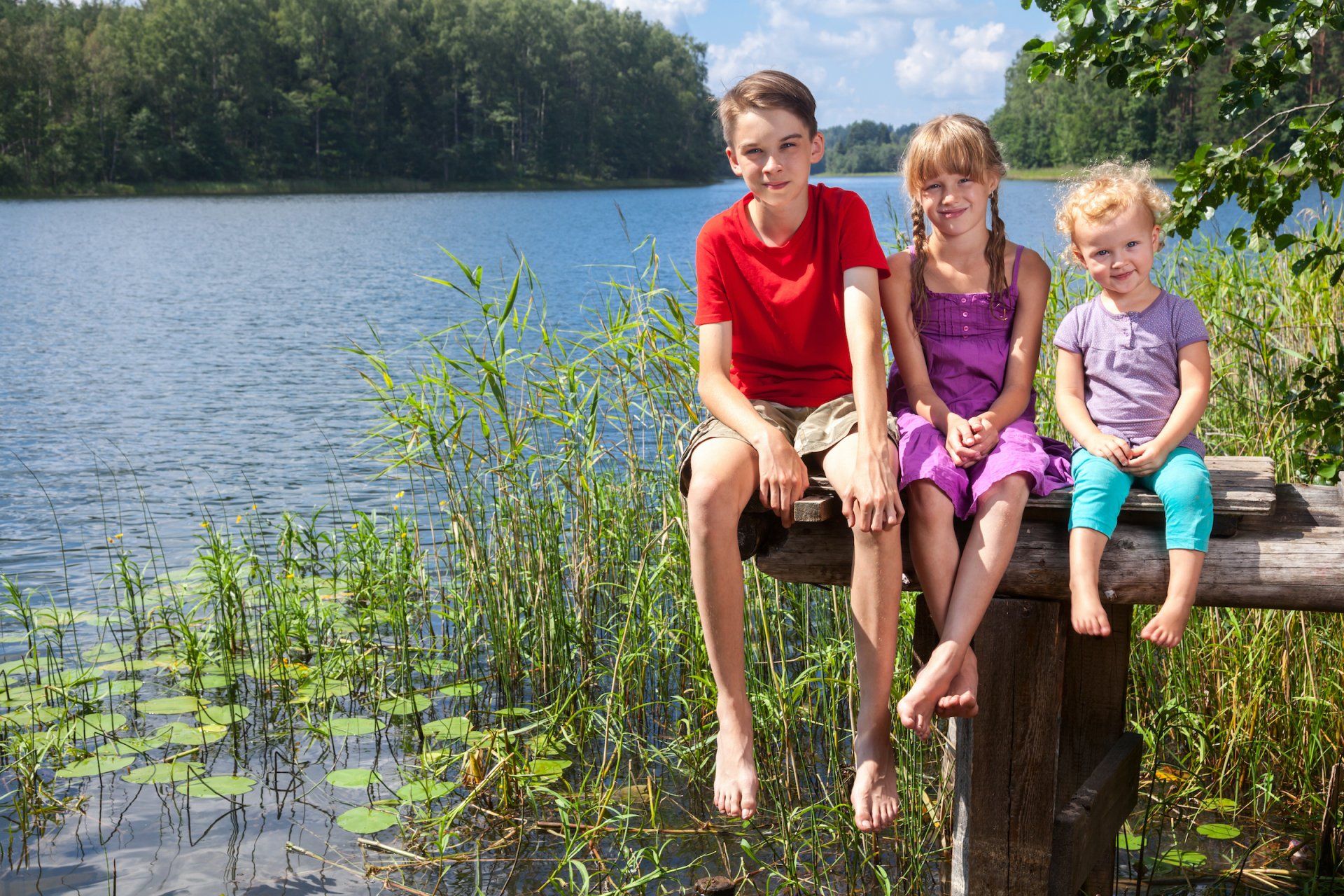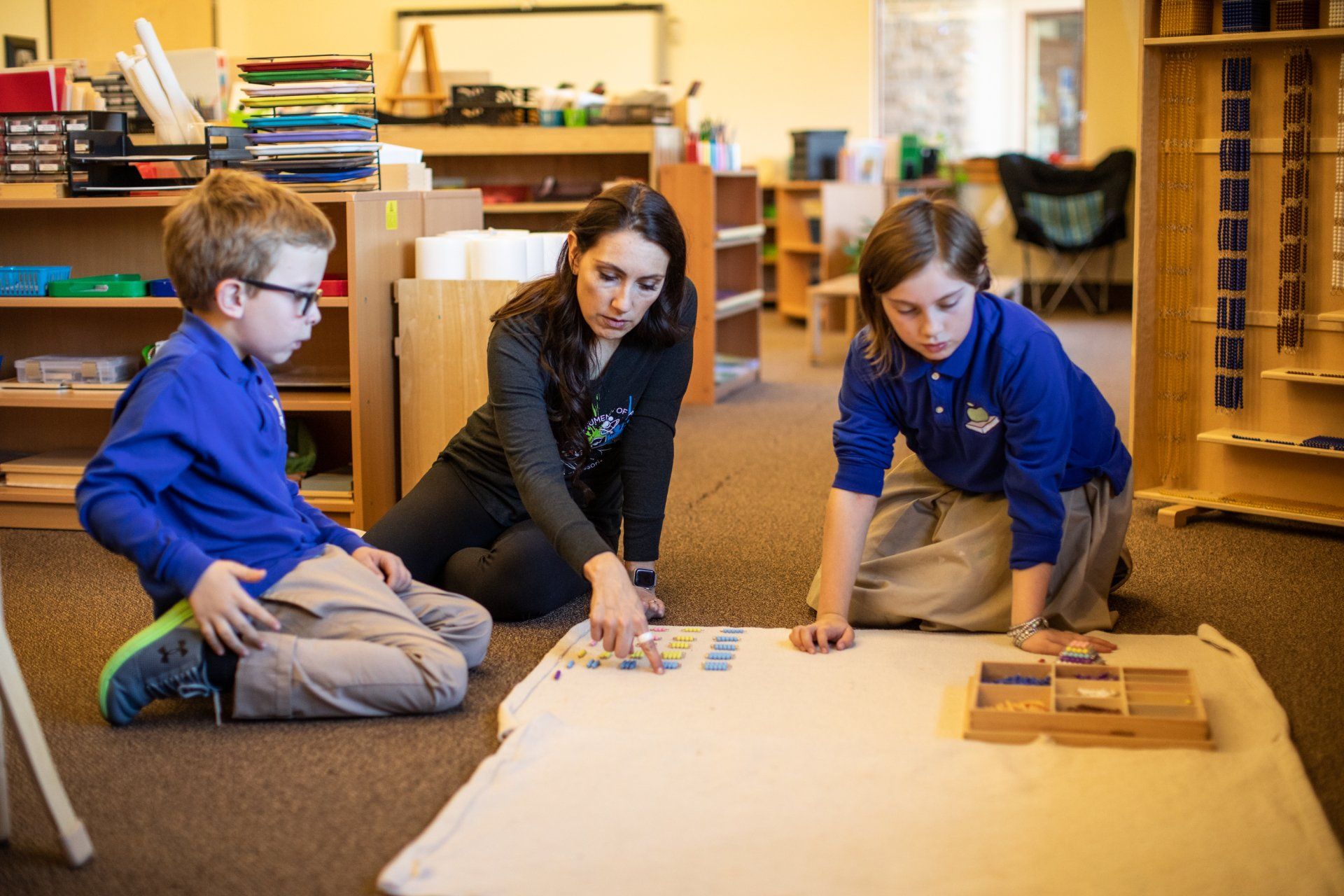Self Confidence
Raising a confident child relies on you being confident yourself to let your child venture!
Allowing kids to ‘struggle’ through small situations is key to developing, and overcoming insecurities from a very young age. As a parent, even though this is difficult- try not to interfere or intervene too much. Letting children solve their own ‘problems’ is a component towards maturing and growing up. Give children the opportunity to make their own choices and accept the outcome. Raising a confident child relies on you being confident yourself to let your child venture! To enable kids to build self- confidence, allow them to fail as well as succeed on their own; this builds and achieves confidence and character; which is a life skill.
Children are much more capable than we give them credit. Give your children responsibility and the freedom to make mistakes within the boundaries that you have set. Do not be afraid to set boundaries; sometimes we have to be the ‘bad guy’ by calling children back to a safe performance path. Setting firm expectations for behaviors help children learn to be responsible and understand the relationship between freedom and responsibility.
On the other hand, children are not little adults; their needs are different. Understand developmentally what your child needs, and let your children be kids, not miniature grown-ups. Ultimately parenting is not about being your child’s best buddy; it is about leading and guiding your child towards maturity.
Independence
Knowing to perform simple tasks of daily living is essential for children to become responsible and self-independent. As your child matures, your life as a parent will become easier if you refrain from doing for your child what they can do for themselves. Most parents struggle to not take over for their child. Still, it's important to find a comfortable and age- appropriate balance that works.
When we do for our children anything they can do for themselves, we slow down their progress towards building strong, independent thinkers. For example, instead of putting your child’s socks, shoes, and jackets for them, let them accomplish this task, which they are very capable of achieving.
We've all heard the term "helicopter parent." The definition of which is, parents doing for a child what he or she is perfectly capable of doing for themselves, and often stepping in to correct or speak for the child. Wikipedia says that a helicopter parent is "a parent who pays extremely close attention to a child's experiences and concerns. Helicopter parents are so named because, like helicopters, they hover overhead, overseeing every aspect of their child's life constantly." With that, it is difficult for a child to become self-reliant and independent thinkers who can handle concerns and problem solve with self- confidence.
—by Jane M. Jacobs, M.A






Montessori Academy of Virginia


